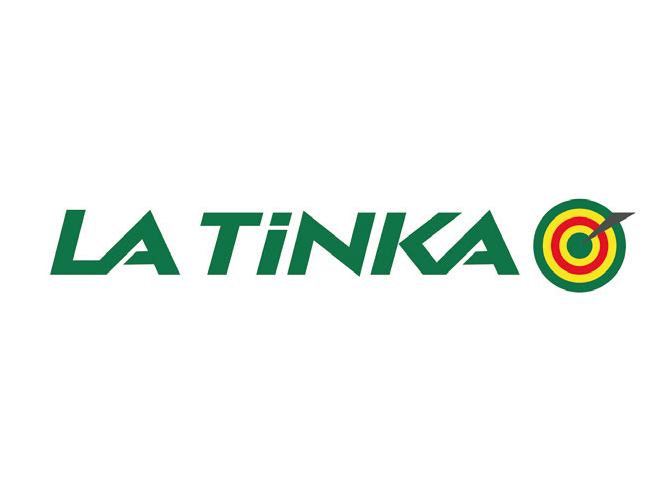By Sergio Poves Vidal, Deputy legal and compliance manager, La Tinka
This regulation brought with it an unprecedented level of detail and complexity in the Peruvian market. From implementing advanced technological systems to adopting responsible gaming protocols and anti-money laundering measures, operators must reassess and modify their business practices and strategies.
Adapting to international standards
One of the main complexities stemmed from the fact that much of the regulation incorporated standards and practices gathered from more mature international jurisdictions, such as Colombia and the United Kingdom. This international approach is a double-edged sword: on one hand, it aims to elevate the level of Peruvian regulation to the global standard, but on the other, it presents adaptation and comprehension challenges for local operators, who find themselves navigating relatively unknown territory.
Initiative and dialogue in the online betting and gaming sector
Faced with the complexity and new requirements posed by the regulation of Law Nº 31557, major players in the Peruvian market such as La Tinka, and the Peruvian Sports Betting Association (APADELA), adopted a proactive stance. This attitude was not only manifested in understanding and adapting to the new legislation but also in seeking direct and effective communication with the regulatory entity.
In clear recognition of the challenges presented by the new regulations, these entities have been sending formal inquiries to the Ministry of Foreign Trade and Tourism (MINCETUR), marking the beginning of a constructive dialogue. These inquiries, which MINCETUR is currently reviewing, represent a significant step towards clarifying and improving the regulation.
These inquiries are not only aimed at resolving doubts but also at offering proposals for improvement. La Tinka and APADELA, aware of the importance of a regulatory framework that promotes responsible gaming, emphasized in their communications the need for the regulation to effectively fulfill its primary purpose: to protect the health of citizens against potential problems such as pathological gambling. This scenario was not limited to the first days or weeks following the publication of the regulation; it is an ongoing process that extends to the present. Operators are constantly seeking to clarify doubts, correctly interpret the provisions, and above all, ensure that they are in full compliance not only in letter but in spirit with the regulatory framework. This task has become an integral part of their daily operations, implying a constant commitment to learning and adaptation.
MINCETUR has shown a commitment to the continuous improvement of the regulation, taking into consideration the contributions of the main players in the industry. The review of the proposals presented by La Tinka and APADELA is a testament to their willingness to adapt and perfect the regulatory framework in response to the needs and realities of the sector.
Focus on responsible gaming
This emphasis on responsible gaming highlights a critical aspect of the regulation: beyond regulating for the sake of regulating, the norms in this industry must be aligned with clear objectives of consumer protection and the prevention of gambling addiction. The contributions of operators like La Tinka and the members of APADELA underscore the importance of incorporating the vision and experience of the sector's actors in the regulatory process.
Initial conclusions
The beginning of the regulatory journey in Peru has demonstrated the inherent complexity of the task of balancing international standards with local realities. The active response of the operators reflects an industry committed not only to complying with the law but also to the well-being of its consumers and the integrity of the sector. As operators adapt to and align with the new regulations, a safer and more responsible environment is being fostered for gaming and betting enthusiasts. The process of deciphering and understanding the new legislation is not only a legal requirement but also a step towards the consolidation of a more ethical and sustainable sector in Peru.










